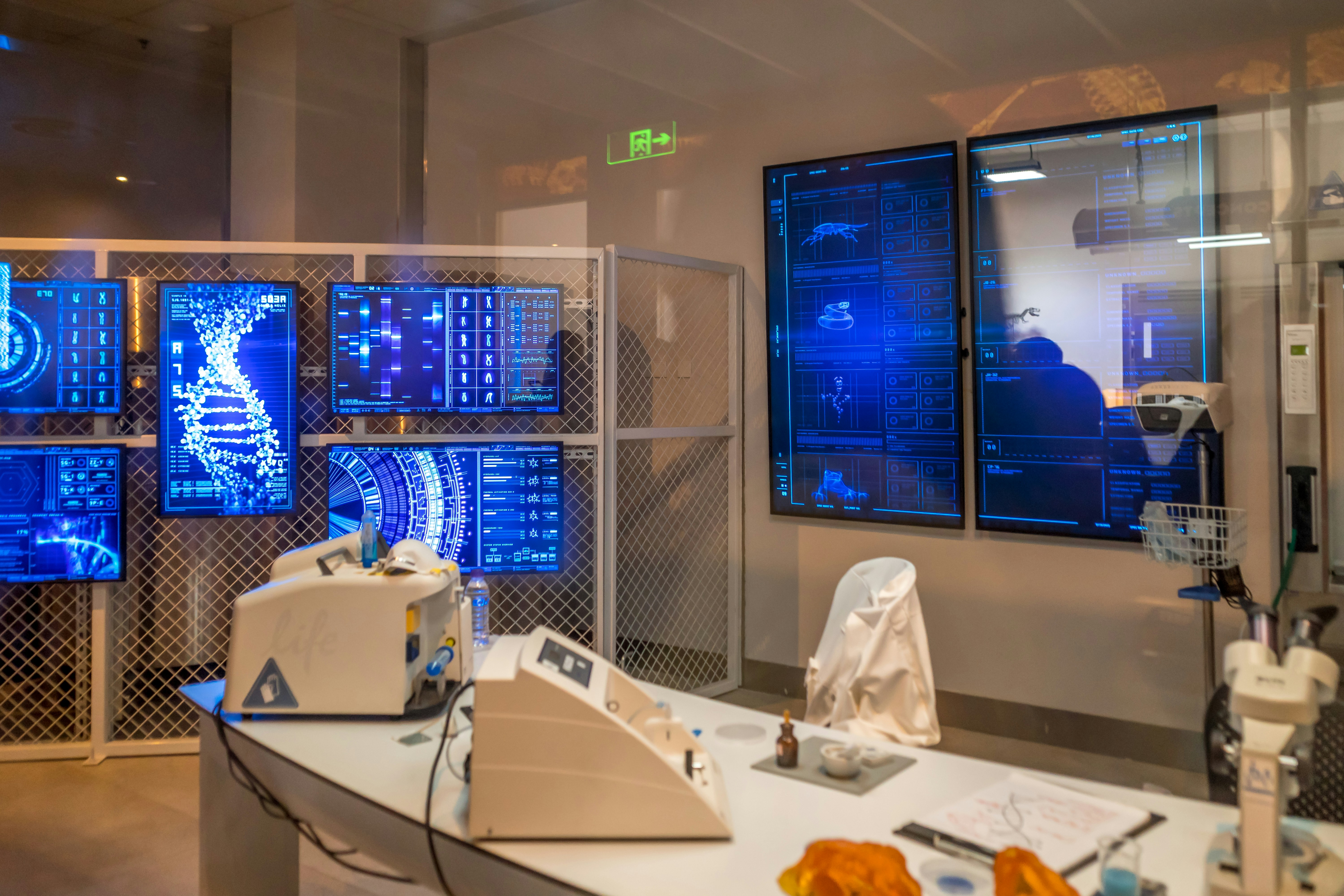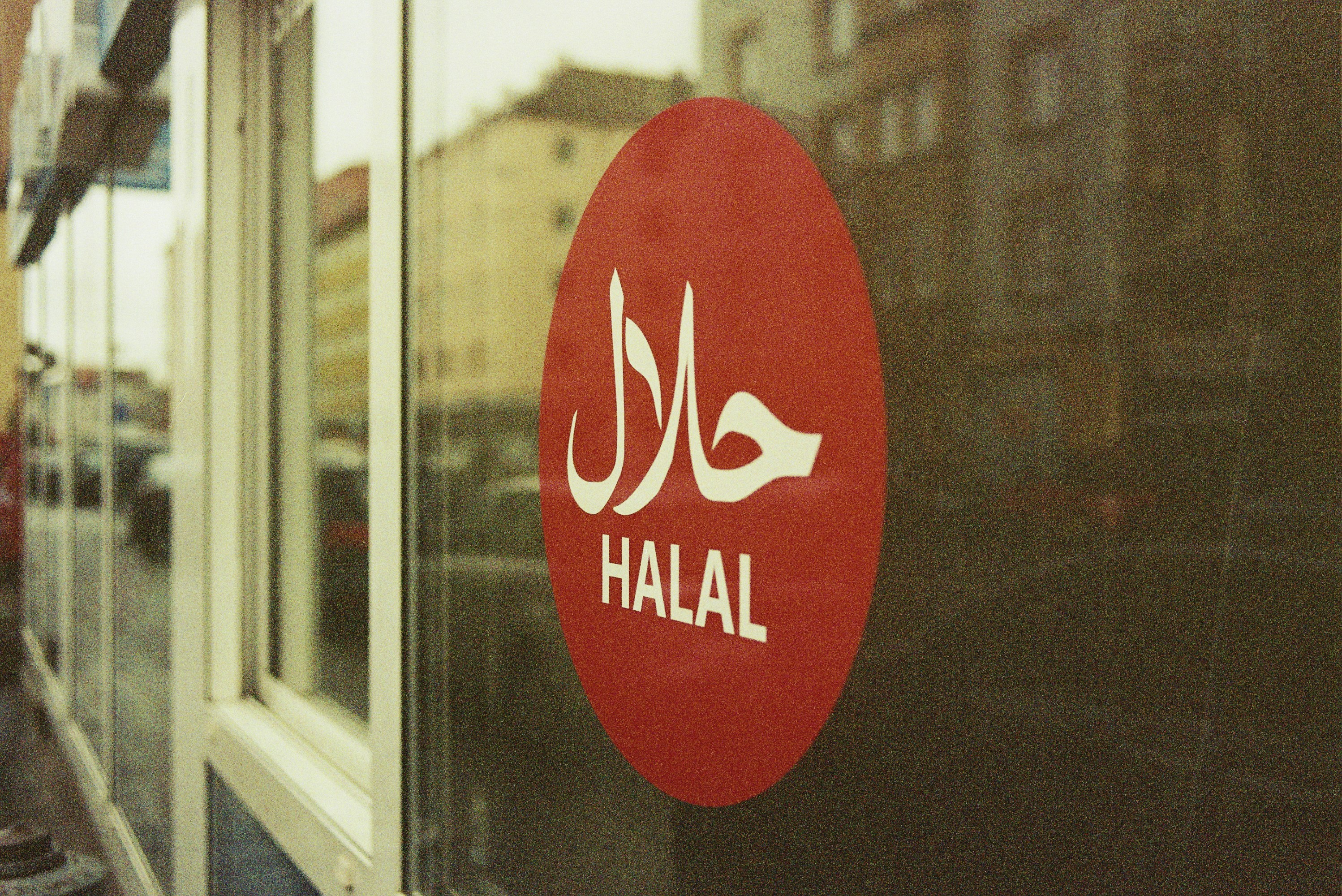Market Overview and Dynamics
The global Chimeric Antigen Receptor (CAR) T-cell therapy market has garnered significant attention in recent years, driven by the pressing need for innovative treatments in oncology. As of 2024, the market is valued at approximately USD 4.6 billion, with a notable projected growth trajectory anticipating a rise to USD 18.1 billion by the year 2033. This expansion equates to a compound annual growth rate (CAGR) of 14.6%, highlighting the robust demand for CAR T-cell therapies driven by several critical factors.
One of the primary dynamics influencing the growth of the CAR T-cell therapy market is the escalating prevalence of cancer globally. According to epidemiological studies, there has been a steady increase in cancer diagnoses, necessitating advanced treatment options. CAR T-cell therapy offers a personalized approach, harnessing the body’s immune system to effectively target and eliminate malignant cells. Consequently, healthcare providers and patients alike are increasingly considering CAR T as a viable treatment option.
Furthermore, technological advancements in T-cell therapies are pivotal to the evolution of this market. Innovations such as improved CAR designs and enhanced manufacturing processes have significantly streamlined the development of T-cell products. This has led to more efficient treatment protocols and better patient outcomes, further boosting market acceptance and adoption rates among oncology specialists.
Investment in biotechnology is another critical driving force behind the expansion of the CAR T-cell therapy market. As pharmaceutical companies and research institutions recognize the potential of CAR T, substantial financial resources have been allocated to research and development. These investments have fostered a competitive landscape that encourages collaboration between academic and industrial entities, expediting the introduction of novel therapies into the market.
In summary, the global CAR T-cell therapy market is poised for substantial growth, backed by rising cancer incidence rates, advancements in therapeutic technologies, and increased investment in biotechnology. This confluence of factors is expected to redefine the treatment landscape for patients with hematological malignancies and solid tumors alike.
Market Segmentation and Competitive Landscape
The Global Chimeric Antigen Receptor (CAR) T-cell therapy market is characterized by a diverse range of applications, technologies, and geographic regions. The market can be segmented based on application into various therapeutic areas, particularly oncology, autoimmune diseases, and infectious diseases. Oncology applications dominate the market, owing to the rising prevalence of blood cancers such as leukemia and lymphoma. Noteworthy advancements in CAR T-cell therapies, especially with products like Kymriah and Yescarta, have significantly contributed to this growth.
Technologically, the market can be categorized into various CAR T-cell platforms, including autologous and allogeneic cell therapies. Autologous therapies, derived from a patient’s own T-cells, hold a substantial market share due to their customization and personalization. Allogeneic therapies, which utilize donor cells, are increasingly gaining traction due to their potential for off-the-shelf availability and reduced treatment times. Geographic segmentation of the CAR T-cell therapy market indicates that North America holds the largest market share, primarily driven by heightened healthcare expenditure and established research infrastructures. However, regions such as Asia-Pacific are anticipated to exhibit rapid growth due to increasing investments in healthcare and rising patient awareness.
The competitive landscape of the CAR T-cell therapy market includes several prominent players such as Novartis, Gilead Sciences, and Bristol-Myers Squibb. These companies leverage strategic initiatives including mergers and acquisitions, partnerships, and collaborations to enhance their market presence. A detailed Porter’s five forces analysis reveals that the threat of new entrants is moderate, driven by the high capital required for research and development. Meanwhile, the bargaining power of suppliers remains low due to the availability of multiple sourcing options for raw materials. Furthermore, a SWOT analysis of key market players highlights strengths such as robust research capabilities, while weaknesses may include regulatory challenges. Opportunities abound in expanding markets and technological advancements, while threats incorporate competitive rivalry and pricing pressures.
Regulatory and Pricing Landscape
The regulatory landscape surrounding chimeric antigen receptor (CAR) T-cell therapy is characterized by a complex framework that varies across different regions. As innovative therapies that manipulate the patient’s immune system to combat cancer, CAR T-cell therapies must navigate strict regulatory approvals before they can be marketed. In the United States, the Food and Drug Administration (FDA) plays a pivotal role in this process, having established specific pathways for the accelerated approval of advanced therapies, emphasizing the need for robust clinical data demonstrating safety and efficacy.
In contrast, the European Medicines Agency (EMA) regulates marketing authorizations within European Union member states, necessitating compliance with directives that often require comprehensive clinical trials. These approval processes can be time-consuming and costly, creating barriers to entry for new CAR T-cell therapies in the market. Regulatory authorities are also focusing on the post-marketing surveillance of these therapies to ensure ongoing patient safety, adding another layer of complexity to their lifecycle management.
Pricing strategies for CAR T-cell therapy also contribute significantly to the dynamics of market access and patient adoption. Given the advanced nature of these therapies and their association with substantial production costs, pricing decisions can be contentious. Stakeholders, including pharmaceutical companies, healthcare providers, and payers, must navigate pricing negotiations, which often involve assessing the cost-effectiveness and value of these treatments compared to traditional therapies. Furthermore, reimbursement patterns differ by country, with some health systems providing broad access while others implement stringent criteria that potentially limit patient access to these innovative therapies.
As the market evolves, stakeholders must remain vigilant in adapting to changing regulatory policies, pricing models, and reimbursement frameworks, as these elements significantly influence the global CAR T-cell therapy market. By effectively addressing these challenges and opportunities, the potential for wider adoption and enhanced patient outcomes can be realized.
Future Trends and Market Forecast
The Global Chimeric Antigen Receptor (CAR) T-cell therapy market is poised for transformative growth from 2025 to 2033, influenced by several pivotal trends and innovations. Emerging technologies such as next-generation sequencing, artificial intelligence, and advanced bioinformatics are expected to enhance the precision and efficacy of CAR T-cell therapies. These technologies enable more personalized treatment approaches, thereby improving patient outcomes and expanding therapy applications to various cancers and autoimmune diseases.
Significant market drivers include an increasing prevalence of cancer, advancements in healthcare infrastructure, and the growing acceptance of immunotherapy within healthcare paradigms. As healthcare systems evolve, there is an escalating demand for targeted therapies that offer improved results over traditional treatment methods. Moreover, as clinicians and researchers continue to uncover the full potential of CAR T-cell therapies, their application scope will likely broaden, leading to an enriched product pipeline.
However, the market also faces challenges that could hinder growth. Regulatory hurdles and the high cost of manufacturing CAR T-cell therapies present significant obstacles. The complexity of treatment, along with the need for skilled professionals, underscores the importance of education and training within the sector. Nonetheless, opportunities for growth abound, particularly through strategic partnerships and collaborative ventures. Mergers and acquisitions may become more frequent as companies seek to consolidate resources and expertise to accelerate innovation and market entry.
Funding trends indicate increased investment in CAR T-cell therapy research and development, driven by both public and private sector funding. This influx of capital is essential for fostering innovation and maintaining a competitive edge in the market. Stakeholders, including pharmaceutical companies, investors, and research institutions, should prioritize adaptability and collaboration to navigate these evolving landscapes effectively.
In conclusion, the future of the CAR T-cell therapy market presents considerable opportunities, but it also requires vigilance for emerging challenges. Stakeholders are encouraged to embrace innovation, prioritize funding for research, and actively engage in partnerships to maximize their impact in this dynamic sector.
For More Information please visit@ https://dpiresearch.com/report/global-car-t-cell-therapy-market-size-growth-share-trends-and-forecasts-2025-2033/
Customization of this content:
DPI Research provides customization of the content as per your need. This content can be personalized to meet your requirements. Get in touch with our sales team, who will guarantee you to get a report that suits your necessities.
Maria Rai
Head of Business Development
DPI Research | Web: https://dpiresearch.com
Direct Line: +91-766-764-8693
E-mail: sales@dpiresearch.com
New Delhi, India – 110030
About Us:
DPI Research is a leading market research publisher which offer bespoke market research reports, custom research and consulting services across multi geographies and industry verticals. We deliver a wide range of cutting-edge research solutions that help organizations in making better decisions of the business to business needs.
DPI Research provides a high standard of business research reports to the clients across industry verticals comprising Life Sciences, Information Technology, Telecom & Internet, Food Beverages & Agriculture, Travel & Tourism, Consumer Goods & Retail, Education and Social Sciences. We are committed to using advanced analytical tools and methodologies to help clients with crucial industry information for decision making.
DPI Research approaches for business research led by a team of dynamic industry experts. DPI Research provides real insight for effective decisions to help business with the help of current source and accurate data available in the market. DPI Research reaches across the globe with global standards from established markets in North America and Europe to emerging markets in South America, Asia-Pacific, Middle East, and Africa to provide the best business solutions.











[…] the revolutionary world of gene editing, a cutting-edge technology that enables precise modifications to DNA. From its significant […]